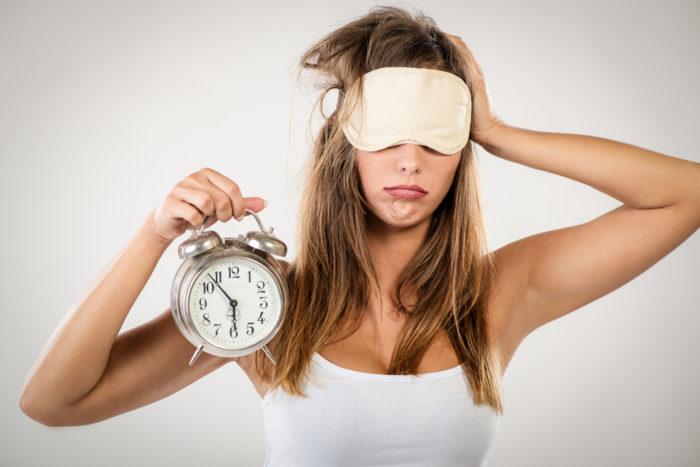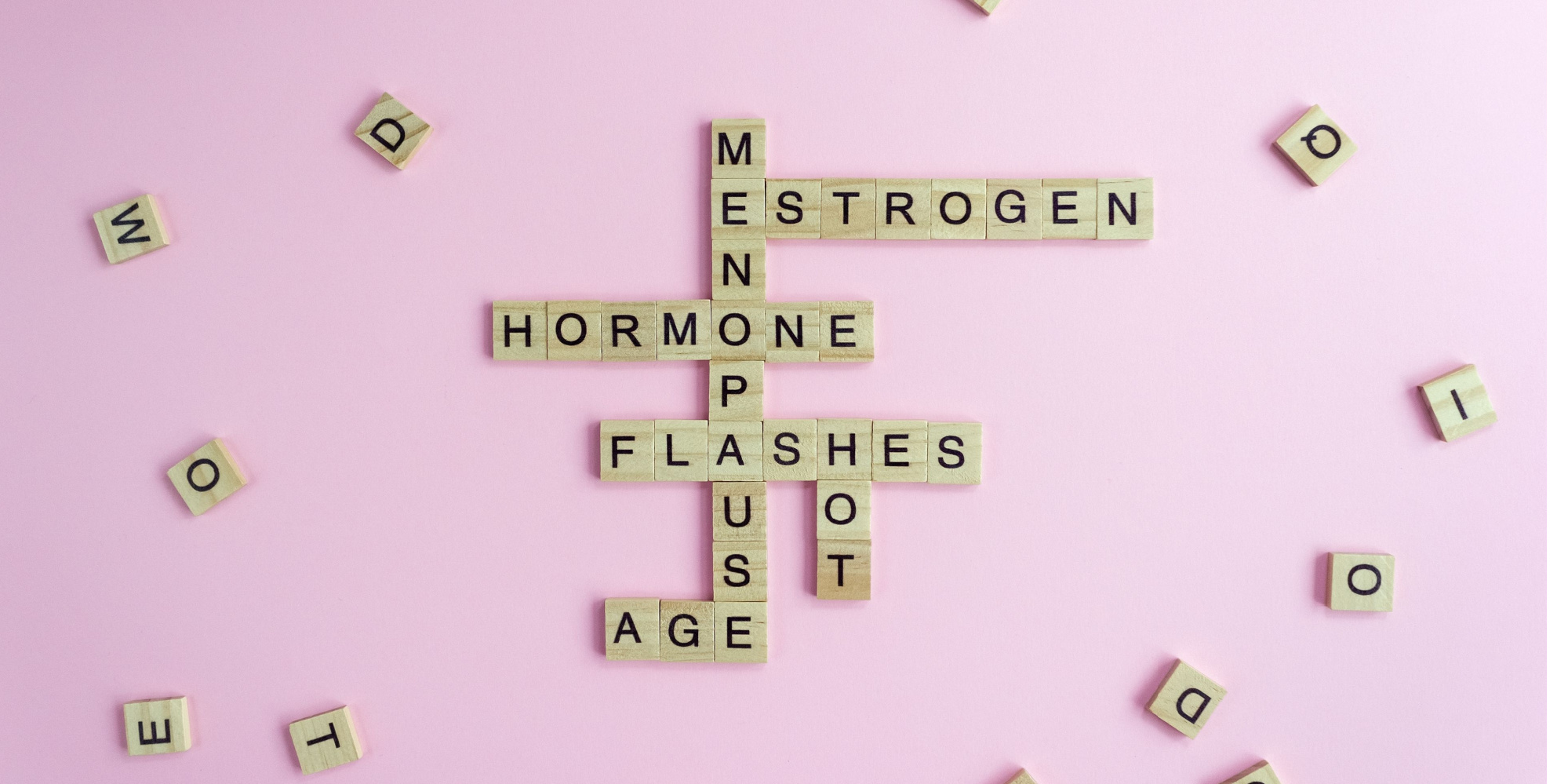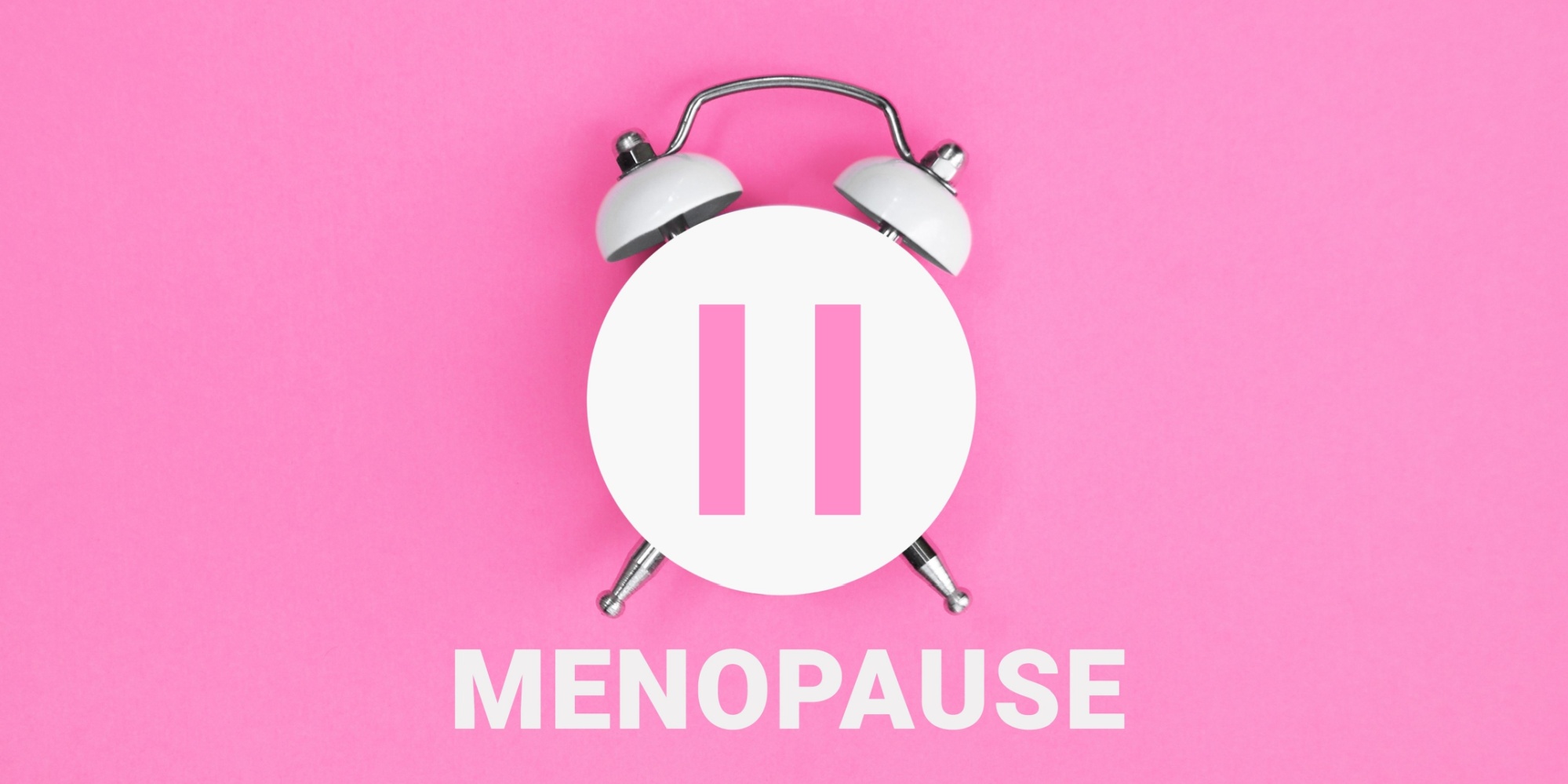
Do Menopause and Insomnia Cause Aging?
November 25th, 2016Menopause occurs on average at the age of 51, and is when the ovaries stop producing estrogen and progesterone. Although it affects each woman differently, the symptoms of menopause may include: hot flashes, trouble sleeping, changes in mood, and vaginal and bladder problems.
It may seem that aging is a natural process that triggers menopause but some researchers are wondering if, in fact, it is the other way around and menopause causes aging. New research involving 3,100 women indicates that the latter is true and that the younger a woman is when she starts her menopause, the faster she will age.
It also appears that insomnia, common in menopause, may speed up cellular aging for post-menopausal women by as much as 6%. Symptoms of insomnia include restlessness, problems falling asleep, disrupted sleep, trouble getting back to sleep, and waking early. Being unable to sleep well not only affects how you function the next day; it may also influence the rate at which your “body clock” ticks.
Scientific Study
To test this theory, researchers monitored methylation (a chemical biomarker of cellular aging), in the DNA samples of 2,078 women. Using samples of blood, saliva and cells from the inside of the cheek, the team was able to measure the biological age of the women and compare it with their chronological age. Results showed that women with insomnia were almost two years older (biologically) than women without insomnia, even though their chronological age was the same.







